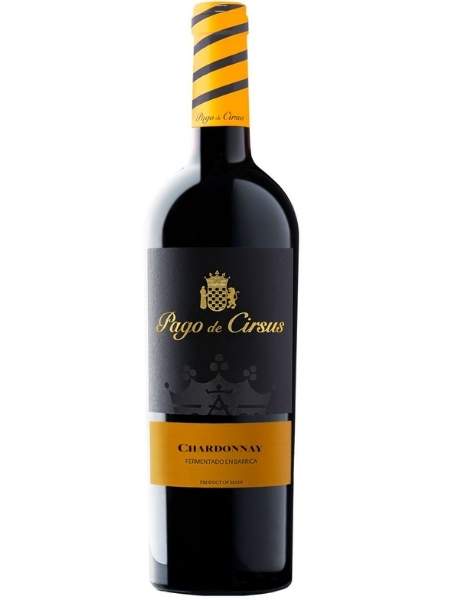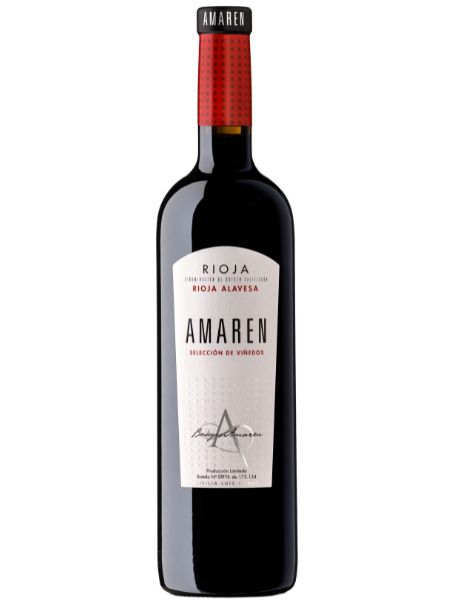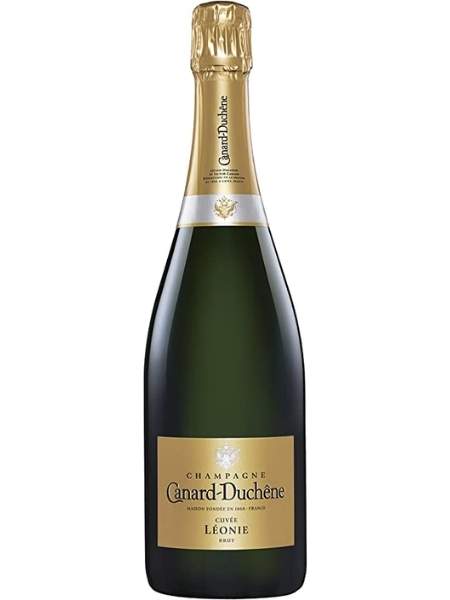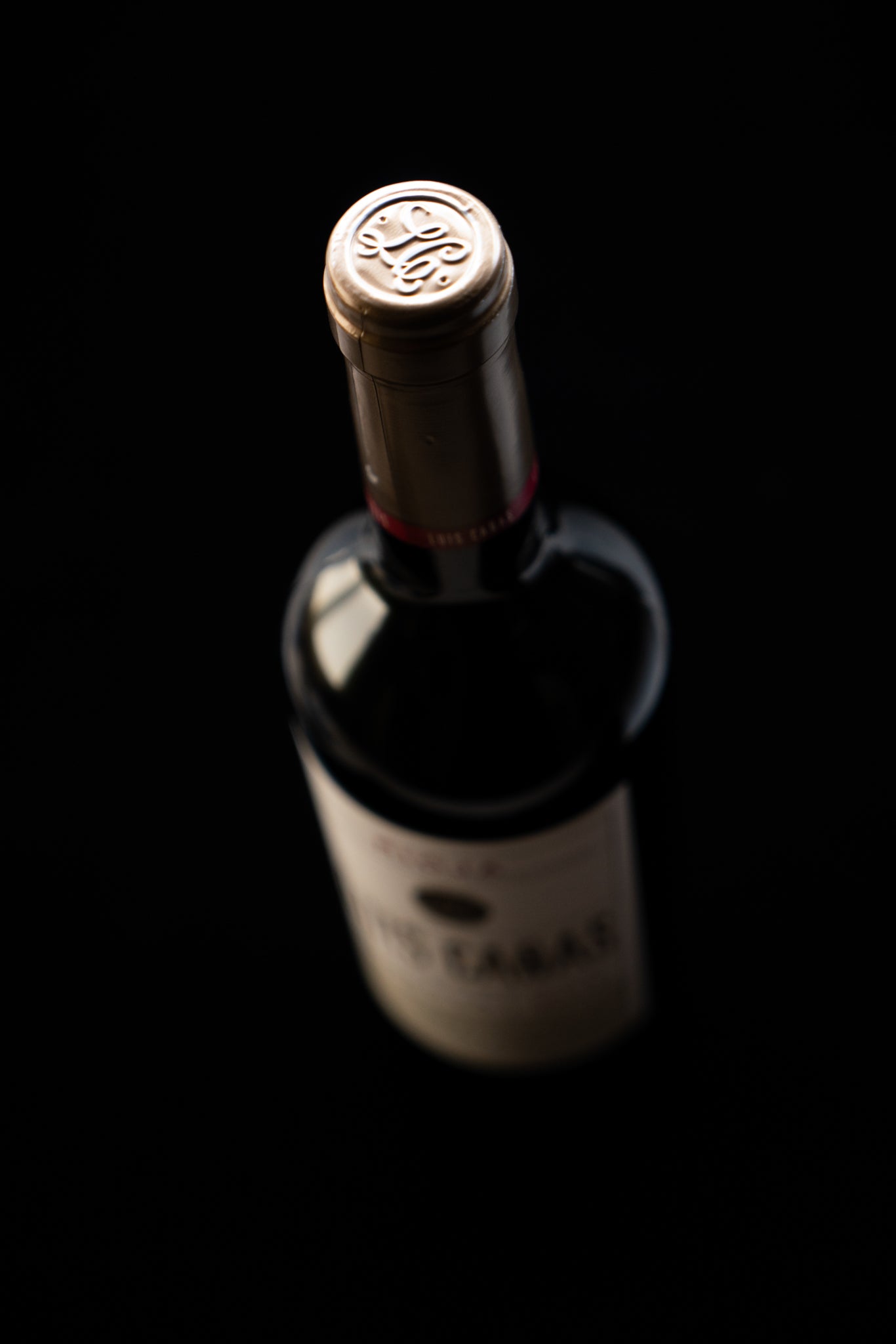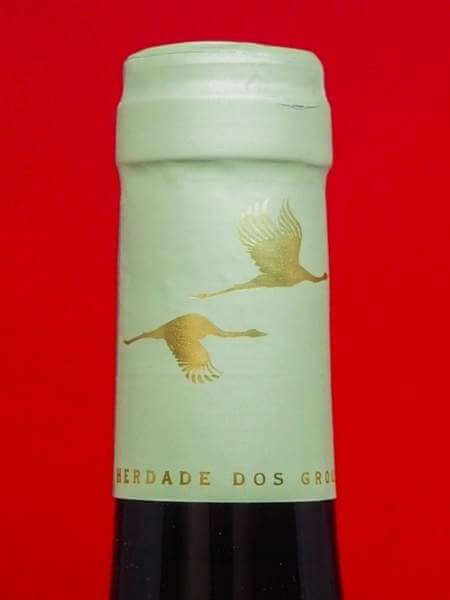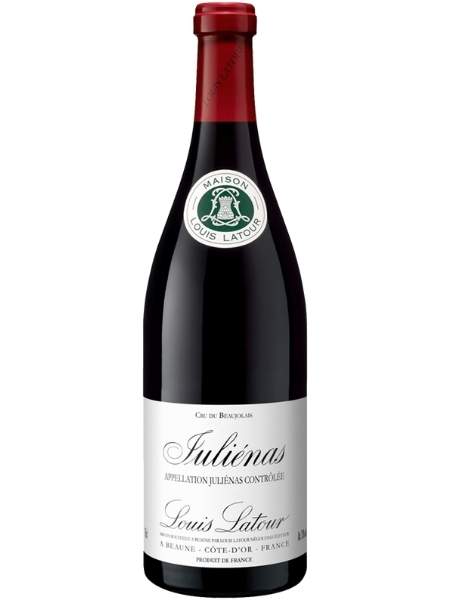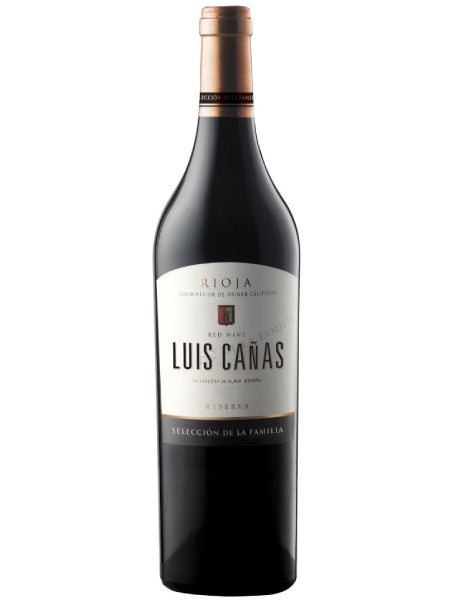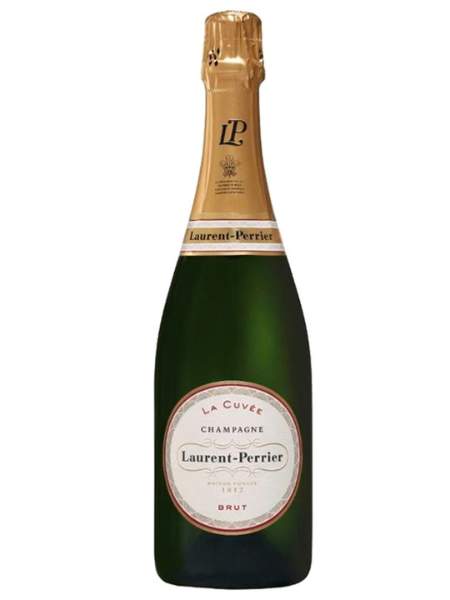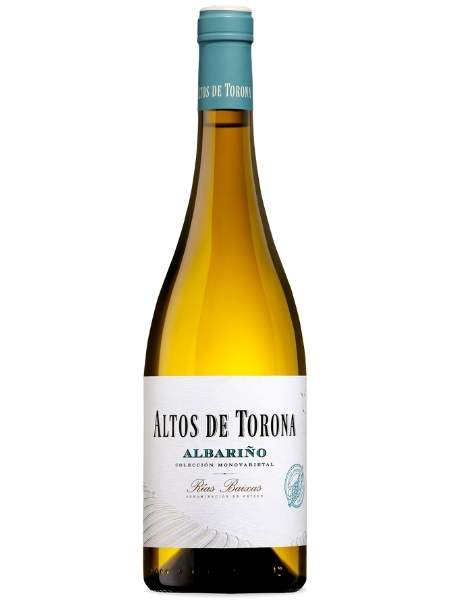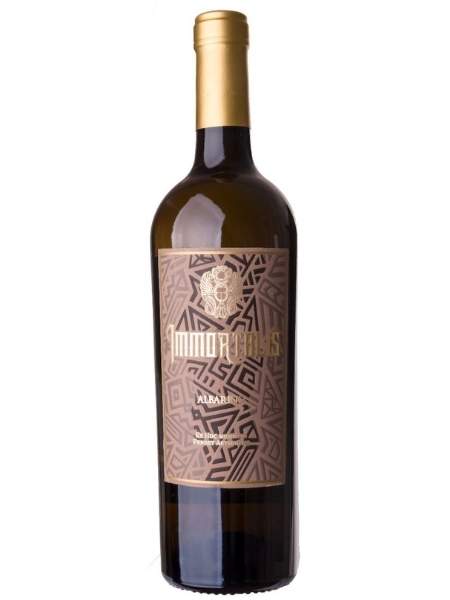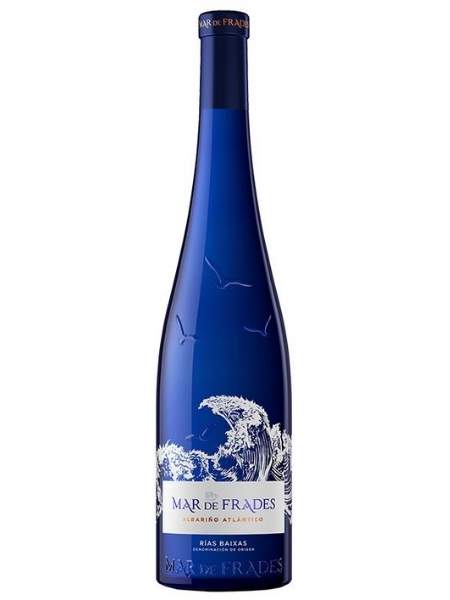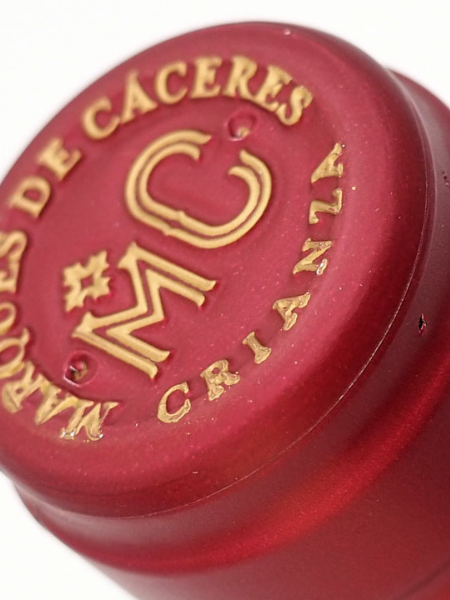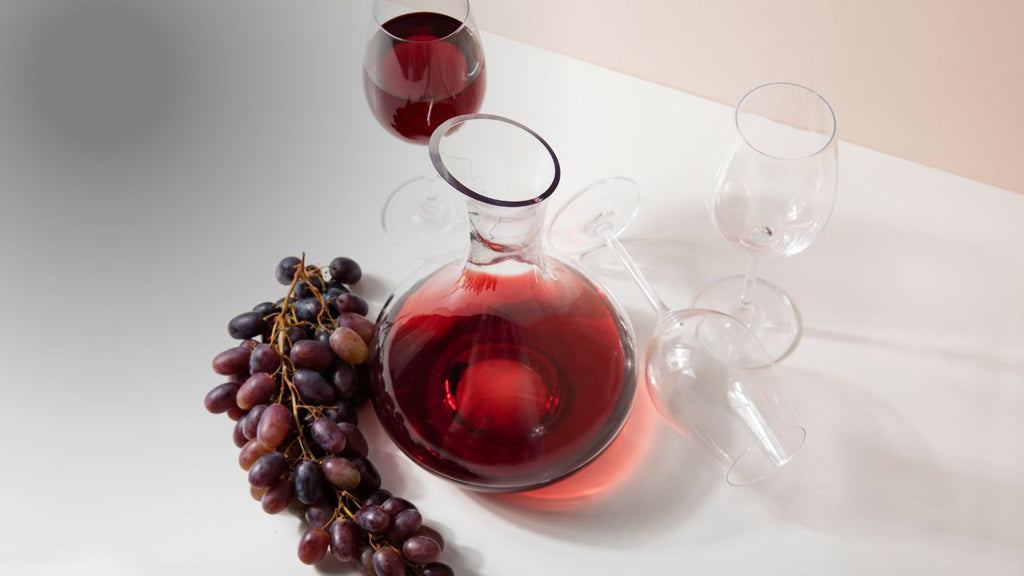
How To Decant Wine

We have all seen a wine decanter. But, why do we decant wines? And, how long do we decant wines? In this blog, I´ll try to answer some of the questions that you may have regarding the decantation of wine.
I´ll talk about the reasons to decant wine, when to decant wine, how to decant wine and how long to decant wine, so that next time you are opening a bottle of wine, you will know the best way to fully enjoy it.
Reasons to Decant Wine
The decanting of wine has several purposes. The first and best known is to separate the wine from the sediments created inside the bottle during reductive ageing. Reductive ageing is the process when the wine ages inside the bottle. This ageing takes place without oxygen.
These deposits do not impact the taste of the wine, but seeing them can be unpleasant and we can notice these sediments in the mouth. So, by decanting, we trespass the wine from its bottle without the sediments to the decanter.
Another advantage of decanting is that, by putting the wine in contact with the air, it oxygenates it and helps it to open up. By doing so, the wine can express its full aromatic range more quickly and eliminate unpleasant aromas from the bottling process.
The wines that generally benefit from decanting are Crianza red wines, and Reserva and Gran Reserva red wines. Normally, we don´t need to decant White wines as they rarely have sediments.
When to Decant Wine
In France, it is common to decant both red and white wines. However, in Spain, they usually only decant red wines aged in oak barrels, Reserva wine and gran reserva red wines.
White wines are not usually decanted so often, as they rarely have sediment, although there are some whites that need to be decanted to oxygenate them and make them express their aromas better.
Not all wines need to be decanted. As I mentioned before, decanting is necessary to remove the sediments, aerate the wine and release the wine´s aromas. Here are some guidelines to know if we need to decant a wine:
Age: Old wines, let´s say, 10 years older, need to be decanted in order to remove the juice from the sediment. The decanting time for older wines can be around 30 minutes, given that too much oxygen can have a negative impact on the wine. Remember, that we decant old wines to remove the sediment, but we don´t want too much oxygen
Grape Variety: Full-bodied red wines like Cabernet Sauvignon, Syrah and Bordeaux blend benefit from decanting as the process can help soften tannins and open up aromas and flavours. However, medium-bodied wine like Pinot Noir or a light-bodied wine like a Beaujolais, don´t require a long decanting time.
Vintage of the wine: Some vintages may require longer decanting times than others, depending on how the wine has aged.
How to Decant Wine
To decant wine like a pro you will need the following material:
- A tray to carry the wine from the cellar to the table.
- A decanter
- A liteaux (a white tea towel)
- A wine glass and glasses for the guests.
- A bottle of wine

Now that you have all the materials to decant wine like a pro, let´s have a look at the standard decantation procedure:
How Long to Decant Wine
Depending on the type of wine, the decanting time can vary. Factors like the grape variety and vintage of the wine are important when deciding how long to decant wine. For example, younger vintages of red wine may need a longer decanting time than older vintages.
For older wines, decanting is only necessary to remove the sediments, so we don´t need to decant the wine for a long period of time, as too much oxygen will get into the wine and it may lose aromas. As a rule of thumb, for older wines, 30 minutes of decanting should be sufficient.
For full-bodied red wines like Cabernet Sauvignon, Syrah and Malbec, the decanting time can vary from 30 minutes up to 2 hours, depending on the vintage and style of the wine. Decanting is necessary for these types of wines, as it will help to aerate the wine, so the full range of aromas can be released.
Medium-bodied red wines, like Pinot Noir, Merlot and Sangiovese need less decanting time than full-bodied wines, from 15 to 30 minutes.
Light-bodied wines like Beaujolais, don´t usually require decanting, as they are already delicate and light.
White wines, as we mentioned before, are not normally decanted. However, if you decide to decant the white wine, a few minutes should be enough.
It's important to taste the wine periodically during the decanting process to determine when it has reached the desired level of aeration.
I hope you enjoyed this article and you learned a little bit more about why to decant wines, how to decant wine and for how long to decant wines. If you want to discover a great selection of wines, don´t forget to visit our online store and subscribe to our newsletter.
See you later, wine lovers,
Victoria






